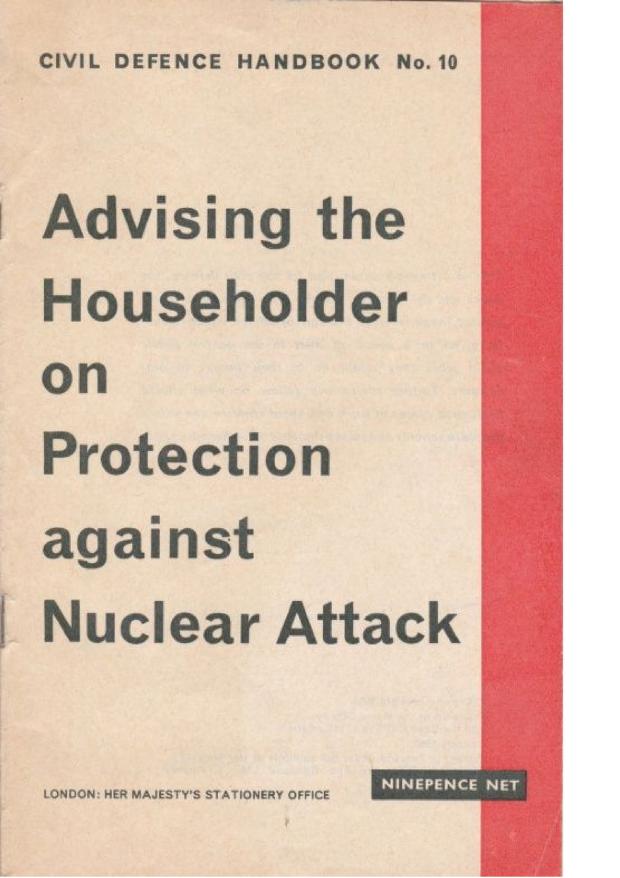By a Covert Prepper
I blame my grandmother for leaving a 1960s leaflet on nuclear fallout lying around her attic for a nosy 10-year-old with no concept of disasters circa 1970.
That doesn’t mean I became a “prepper” there and then, or indeed for many decades, but now and then it would occur to me what would happen if there was some emergency or other, especially being a self-reliant single mother with no means of transportation other than a bicycle to get out of dodge if the SHTF.
The fact I had and still have no car already put me in stockpiling mode. Having to do a monthly shop to save frequent taxi fares to the supermarket, even if some items were left over from the previous month, I would stick to a regular shopping list and thus always had extras stashed away.
As for the emergency supplies cited by the EU this week, I had little by little made sure to add items here and there: candles, matches, a couple of oil lamps, batteries, a camping stove with those little gas canisters, jug water filters and extra charcoal for the BBQ. Not enough to hunker down for a year but enough to pass a few months – a “regular disaster” but not the apocalypse obviously.
During Covid and foreseeing possible inflation ahead from all the money printing and not knowing how bad it would get, I stocked up on dry foods, cans and coffee, again not excessively. Food can be just as good an investment as gold or silver, especially if the coffee you bought two years ago and properly stored has by now doubled in price.
People can laugh or scoff if they wish, but 15 billionaires including Mark Zuckerberg, Bill Gates and Peter Theil have built underground bunkers costing millions. The rest of us are left wondering why. At least until we can kiss our asses goodbye and it won’t even matter.
Aside from actual doomsday, most governments around the world recommend having enough on hand for three days to a week. The Centre for Disease Control in the US even has a tongue-in-cheek webpage on how to prepare for a zombie apocalypse.
In all seriousness though, having at least a week’s supply of food and water and alternative means to cook food or boil water makes sense as it would allow the emergency services to direct resources where they might be most needed and it allows you to aid friends and neighbours who might require help. It could be called a civic duty for those who can.
For information on what to have on hand the US government has a list.
How to build a solar oven for almost zero cost.






Click here to change your cookie preferences